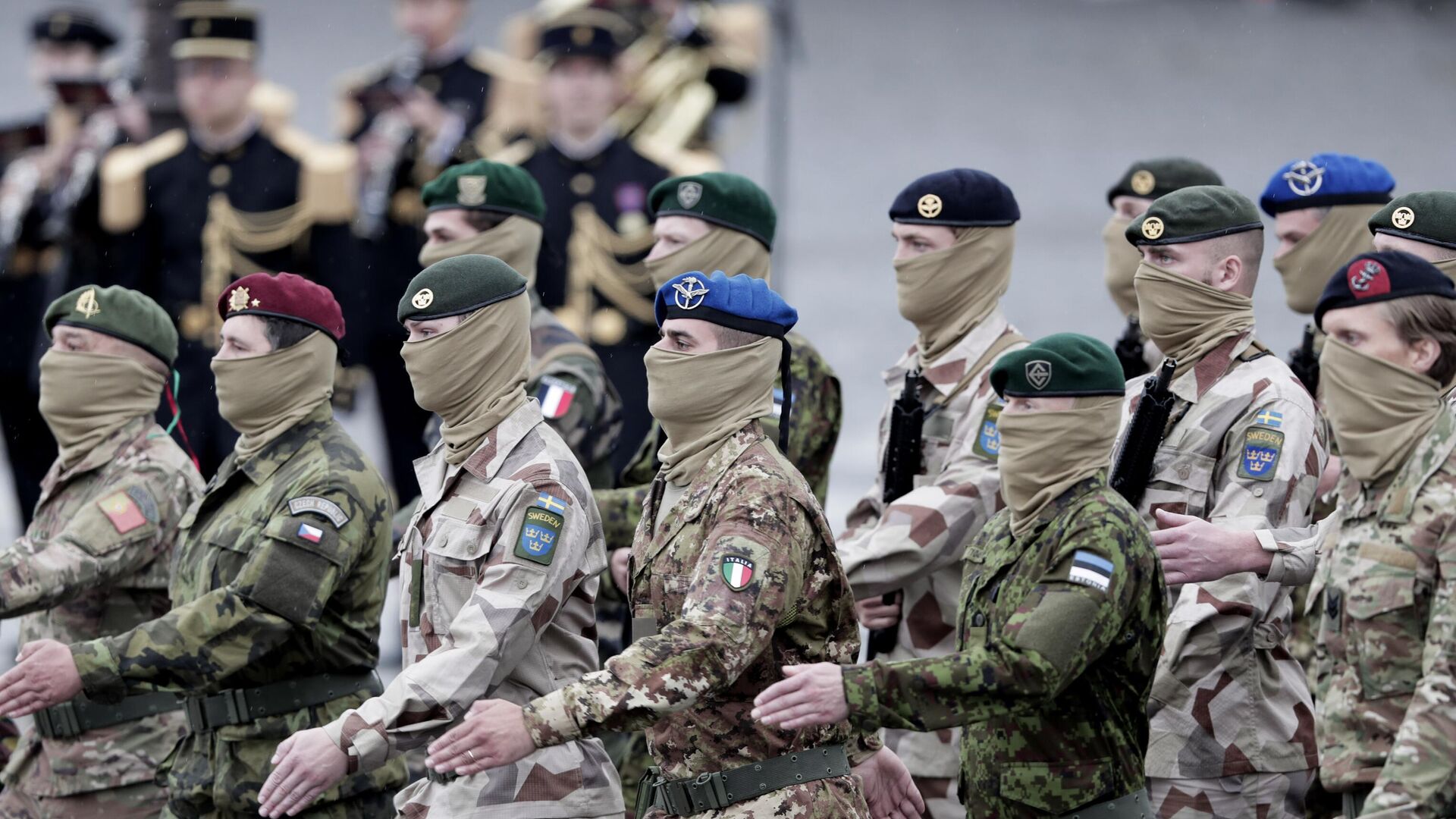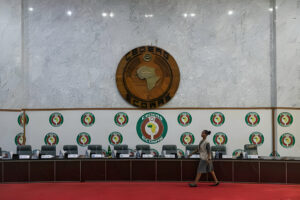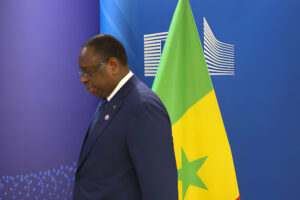The European Union (EU) is set to initiate a civil-military mission in the Gulf of Guinea, West Africa, this autumn. This move is in response to the escalating threat from jihadist groups, as the EU aims to counter the rising instability in the region.
Member States’ Agreement
On 3 August, EU member states reached a consensus on the mission. The plan involves deploying police and soldiers to four West African nations: Ghana, Togo, Benin, and Ivory Coast.
Nabila Massrali, the EU’s foreign affairs spokesperson, stated,
assist the four countries in redeploying state services in their northern region in an effective and accountable way.
The Sahel’s Growing Instability
In recent times, extremist factions affiliated with the Islamic State and al-Qaida have expanded their influence in the Sahel region. Countries like Mali, Niger, and Burkina Faso have particularly felt the brunt of this expansion, witnessing a surge in instability.
Mission Objectives and Duration
The upcoming EU mission has a multifaceted approach. It will focus on training and advising local security forces, preparing them for anti-terror operations, offering technical support, and introducing confidence-building measures in the security sector. Massrali elaborated that these measures aim
“to enhance human security as well as social and economic conditions of the local population.”
The mission is projected to span an initial period of two years. However, the exact number of police officers and soldiers to be deployed remains undetermined.
A formal launch of the mission awaits the approval of EU foreign ministers. This nod is anticipated to come during their regular meeting in Luxembourg this October.
EU Historical Context
This isn’t the EU’s first intervention in the region. In 2022, the bloc initiated a three-year military mission in Niger, targeting the menace of terrorism.
Regional Instability and Recent Coups
The EU’s decision is also influenced by the recent wave of political upheavals in the region. Countries like Mali, Burkina Faso, Niger, and Gabon have experienced military coups. The latest in this series was an attempted coup in Gabon, announced by a faction of army officers following contentious presidential elections.
President Ali Bongo Ondimba’s administration, which has been in power since 1967, took stringent measures on election day, including internet shutdowns and bans on major French broadcasters. Despite these measures, Ondimba was declared the winner. The opposition, under the leadership of former education minister Albert Ondo Ossa, cited extensive electoral fraud and intimidation.
Interestingly, unlike the Sahel region, the motivations behind the Gabon coup are not believed to be rooted in anti-francophone sentiments or Russian meddling.
Potential Repercussions
The unfolding situation in Gabon could have ramifications for the Economic Community of West African States (ECOWAS). This regional bloc has previously threatened military action, with EU support, to oust the junta in Niger and reinstate the democratically elected government of President Mohamed Bazoum.
The recurring incidents of military coups in the region might also instill a sense of apprehension among other African nations, raising concerns about potential military unrest in their territories.














